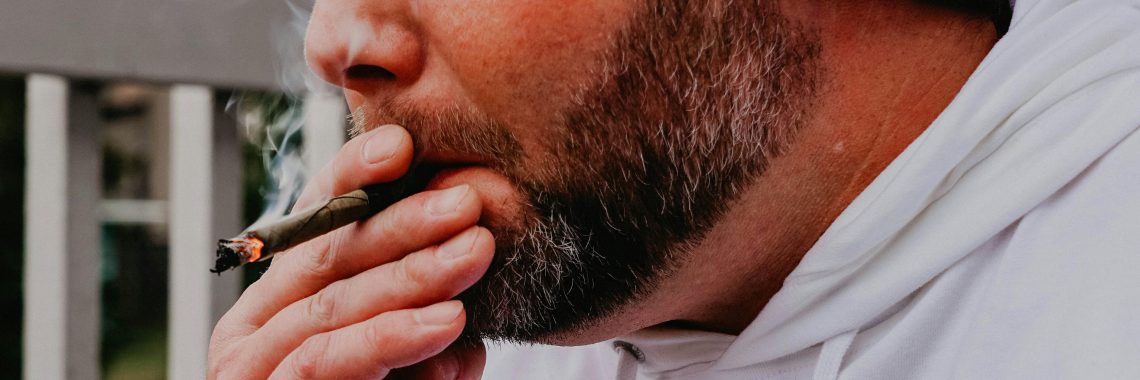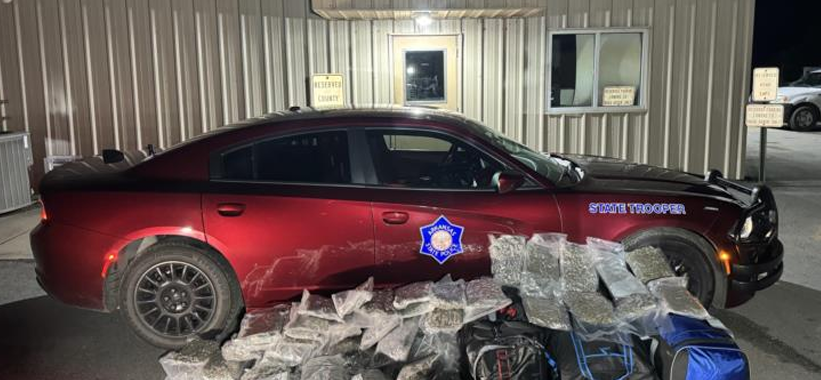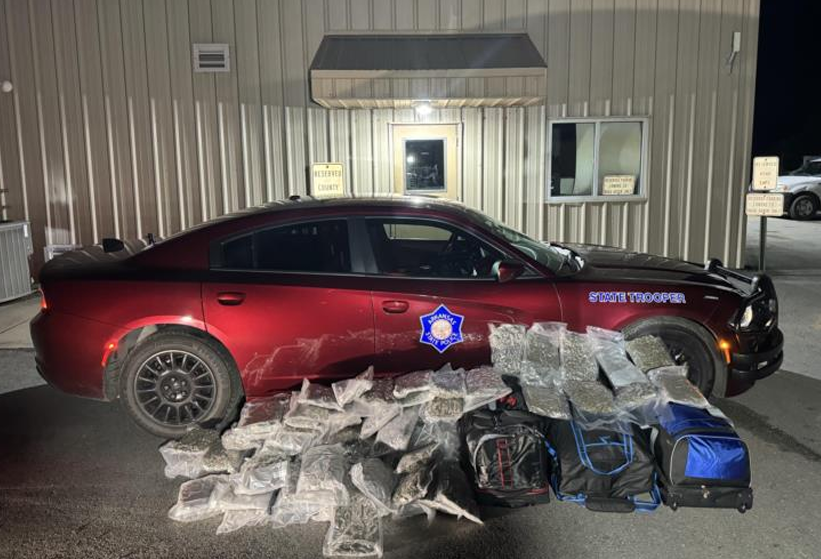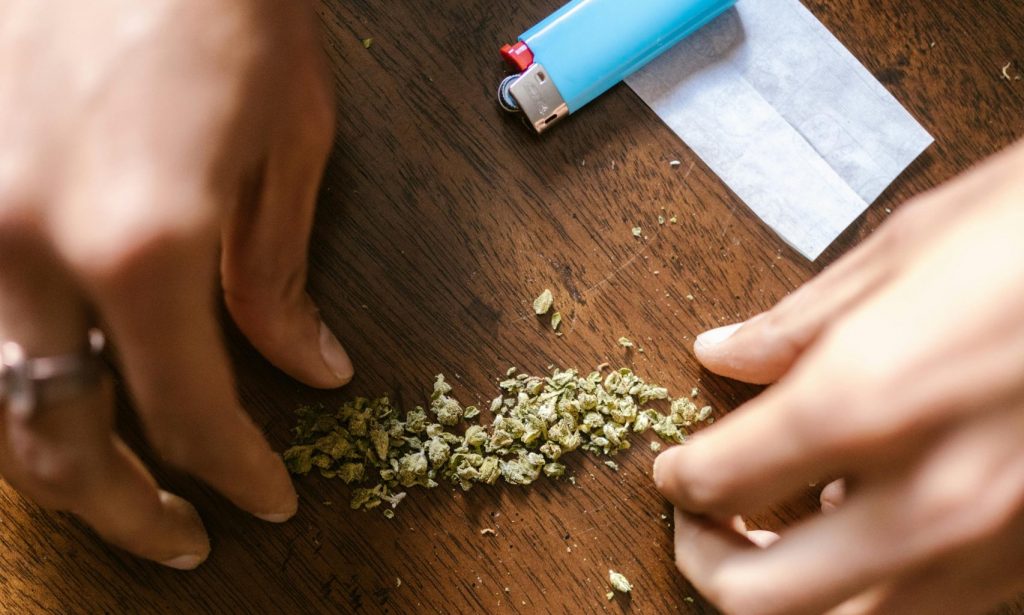Five Ways Marijuana Harms Mental Health According to Science
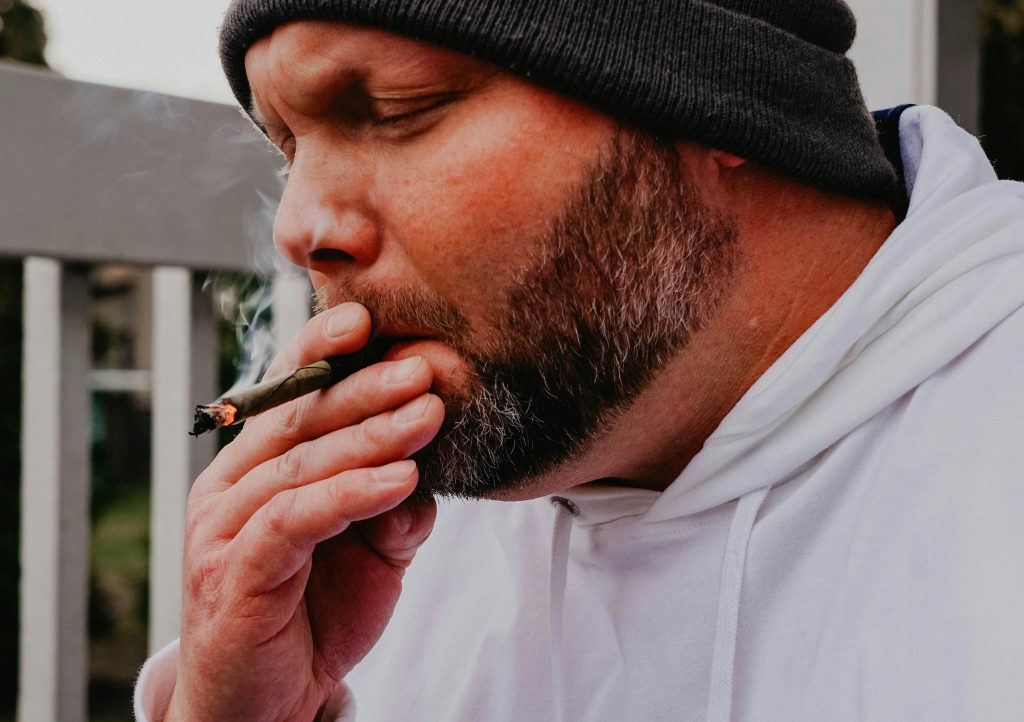
Research increasingly links marijuana use to serious mental health issues.
Below are five ways marijuana harms mental health, according to science.
1. Increased Risk of Psychosis and Schizophrenia
Heavy marijuana use — especially in adolescence — is associated with an increased risk of developing psychotic disorders like schizophrenia. This is particularly true for people who are predisposed to these conditions.
Nationwide, since 2019, the number of kids diagnosed with cannabis-induced mental disorders, including schizophrenia and psychotic episodes, has increased by 50%.
2. Worsening Anxiety and Depression
While some people may use marijuana to self-medicate anxiety or depression, research shows it can actually make these conditions worse over time. Long term research has linked regular marijuana use with depression.
A report published in the Journal of the American Medical Association found a disturbing 46% increase in self-harm rates among men aged 21 to 39 in states where marijuana sales were legalized.
3. Poorer Memory and Cognitive Impairment
Frequent marijuana use — especially during adolescence — is associated with lower cognitive abilities, including poorer memory, attention, and learning.
These effects may continue even after someone stops using marijuana.
4. Increased Risk of Dependence and Addiction
Marijuana is addictive, and studies have found nearly one-third of users develop some form of marijuana use disorder. The risk is even higher, up to 17%, for those who start using in adolescence.
Dependence and addiction can lead to a host of physical and mental problems.
5. Disrupted Sleep Patterns
Consistent sleep is important for mental and physical health, but research has found that marijuana is associated with poorer sleep quality. In particular, heavy marijuana use can disrupt normal sleep patterns, leading to insomnia and other sleep-related issues.
Additional Thoughts
Right now the group Arkansans for Patient Access is actively working to expand marijuana in Arkansas.
In March the group backing a marijuana in Arkansas raised more than $565,000 to place their marijuana amendment on the November ballot, according to reports filed with the Arkansas Ethics Commission.
The group has until July 5 to collect 90,704 petition signatures from registered voters to place the marijuana amendment on the ballot.
Most of the money the group raised in March appears to have come from marijuana growers and sellers.
The amendment would drastically expand Arkansas’ medical marijuana law to enable recreational marijuana statewide.
If passed, the amendment would guarantee marijuana growers and sellers a monopoly over the state’s marijuana industry.
The amendment would give free marijuana cards to immigrants and out-of-state residents who come to Arkansas.
Marijuana users would no longer need to show they suffer from a specific medical condition listed in state law. People would be able to grow and use marijuana at home.
It also repeals restrictions on marijuana advertising.
All of this would lead to more marijuana and more marijuana use in Arkansas.
Arkansas voters rejected marijuana legalization at the ballot box in 2022. That amendment was opposed by a broad coalition of churches, business groups, elected officials, and citizens who knew that marijuana would be bad for Arkansas. We anticipate similar opposition to the 2024 marijuana amendment.
Articles appearing on this website are written with the aid of Family Council’s researchers and writers.

